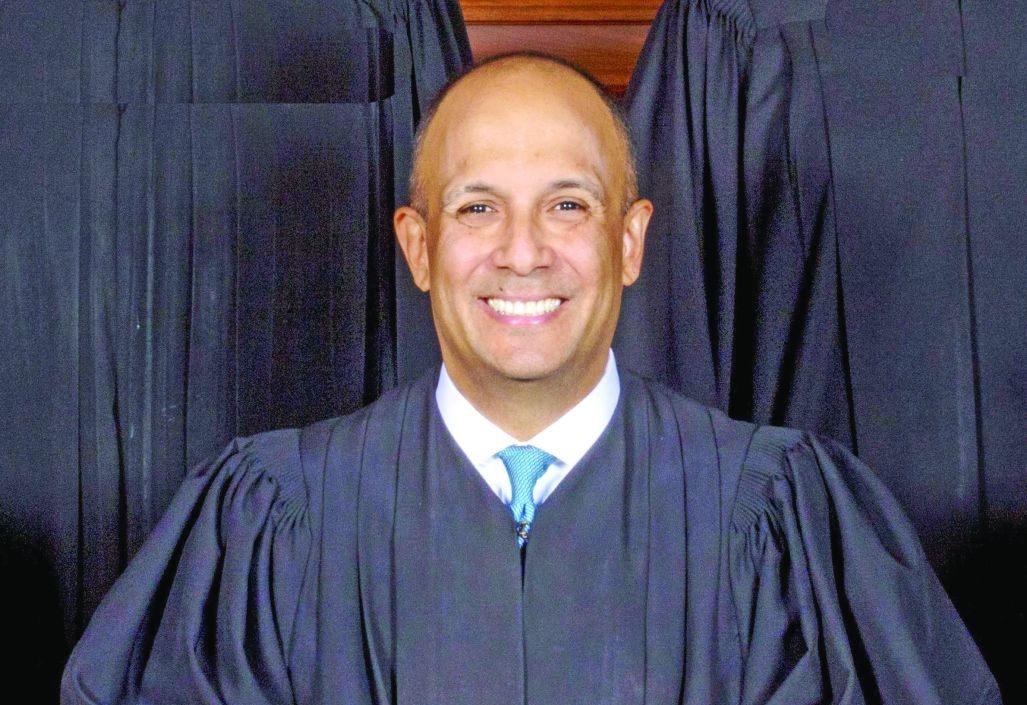Have Questions? Contact Us.
Since its inception, NYCLA has been at the forefront of most legal debates in the country. We have provided legal education for more than 40 years.
Over the past couple of weeks there have been a large number of articles and letters, in the New York Law Journal and elsewhere, dealing with the controversy over Governor Hochul’s nomination of Justice Hector LaSalle, now the PJ for the Second Department, to be the Chief Judge of the Court of Appeals and therefore over the entire New York State court system. The thrust of the debate has been over subjects such as is he sufficiently progressive, or is he in reality a conservative and perhaps even an outright reactionary; does he have sufficient administrative credentials (huh? he’s the PJ of the largest Appellate Division!); what is the role of the State Senate in the confirmation process; and can the State Senate use its committee and procedural rules to deny Justice LaSalle a confirmation vote, when the New York Constitution, like the federal Constitution, that the Governor nominates and the Senate confirms, or not. My fellow officers at NYCLA have written on this subject in the NYLJ (Deriding LaSalle as a Conservative Is ‘Nonsense’; Attacks on the Nomination of Justice LaSalle for the Court of Appeals Threaten Judicial Independence ) , arguing that the process and arguments surrounding Justice LaSalle’s nomination make the process so political that it threatens judicial independence by creating a baseline of expectations as to what certain Democratic State Senators want in terms of judicial rulings, and I agree with my NYCLA colleagues wholeheartedly.
I find Justice LaSalle’s participation on three panels issuing certain memorandum decisions, out of literally thousands of such decisions over the years, as indicative of conservative judicial leanings to be almost farcical. The use of memorandum decisions to expedite and simplify appellate rulings is problematic, because the absence of facts and reasoning makes them subject to question and provides insufficient guidance as to the exact nature of what the ruling actually was. But they can’t be read as indicating that Justice LaSalle is too conservative to serve.
The State Senate also clearly has a role in confirmation, as do the State Senate’s rules. The United States Senate has to confirm justices on the Supreme Court of the United States too, and that process appropriately includes application of chamber rules as well as the more substantive subject of ideology. But the rules of the State Senate shouldn’t be used to deny a confirmation hearing here, any more than Senator McConnell should have been allowed to manipulate the rules of the United States Senate to deny Merrick Garland a hearing and a vote for an entire year back in 2016. Ideology is also plainly relevant in broad terms. Nobody would want an avowed segregationist to serve as a judge on any court. But what the progressive wings in the State Senate seem to want here is as rigid an ideological test as the Federalist Society utilized in the Trump Administration when all Supreme Court nominees came off a pre-approved list created by Leonard Leo and his colleagues at the Society designed to ensure ideological purity in a strict rightward direction.
And that, at its heart, is my objection to what is going on in Albany right now. The “progressive” Democrats who are trying to derail Justice LaSalle’s nomination are using the very same tactics that have given the Republicans complete control over the Supreme Court of the United States. I can’t support those tactics when engaged in by either side. One might say that New York is only adopting the same tactics to try to counteract the successful efforts by the Republicans to politicize the Supreme Court (as if there were comparability between the Supreme Court of the United States and the Court of Appeals of the State of New York, as important as the Court of Appeals may be). In other words, what’s good for the goose is good for the gander. An eye for an eye. But there is another expression that I think should be kept in mind, which is that when you take an eye for an eye the whole world goes blind. I didn’t want the Supreme Court of the United States, and its nomination process, to sink to the levels we have seen, and I don’t want to see New York sinking to that level either.
Richard P. Swanson
Vice President, NYCLA
The views expressed here are my own, and do not necessarily represent or reflect the views of NYCLA, its affiliates, its officers or its Board.
